What can be done about your expensive Pepco bill?
Financial assistance, energy audits, and avoiding third-party suppliers can help.
Plus, how DCPS's cell phone ban is going, mapping the city's hottest spots, and more.
Hey there,
Your favorite Thursday newsletter has arrived!
This week, 51st reporter Martin Austermuhle explains why it might not be so easy for the Trump administration to repair the dozens of poorly aging parks, neglected plots of land, and waterless fountains across the city.
A week into the school year, we check in with DCPS teachers, parents, and students about how the cell phone ban is going (spoiler alert: the kids aren't happy). And seven years after an initial survey, the Department of Energy and Environment traversed the city to map the city's current temperature disparities and plan for hotter summers.
Plus, we have an op-ed that argues for the benefits of second-look laws — which allow judges to review sentences after an incarcerated person has served years of their time — and we meet soccer fans who have brought Trump protests to the pitch.
Keep scrolling for weekend events, ways to get civically engaged, and some news you might have missed this week.
Enjoy,
Christina
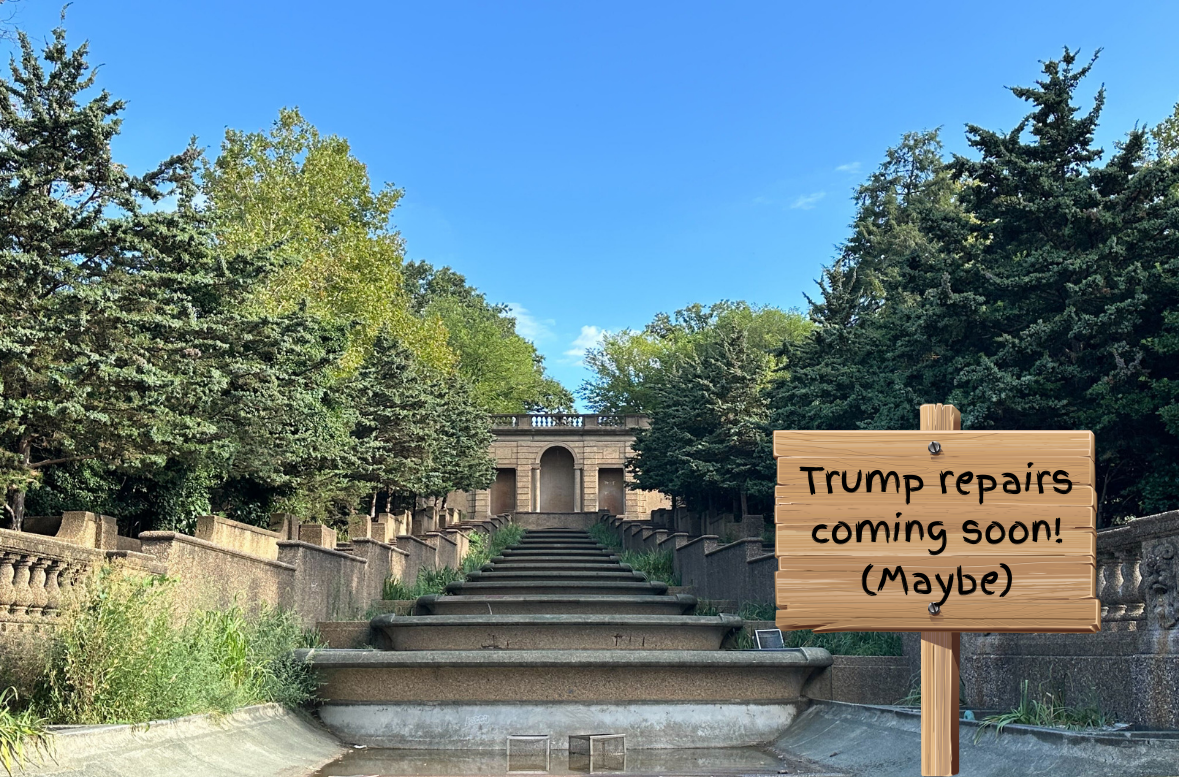
Improving D.C.’s parks may require far more than the $2 billion the president has proposed — and it would also mean the federal government admitting that D.C., which only manages about 10% of its own parkland, might be better suited for the job.
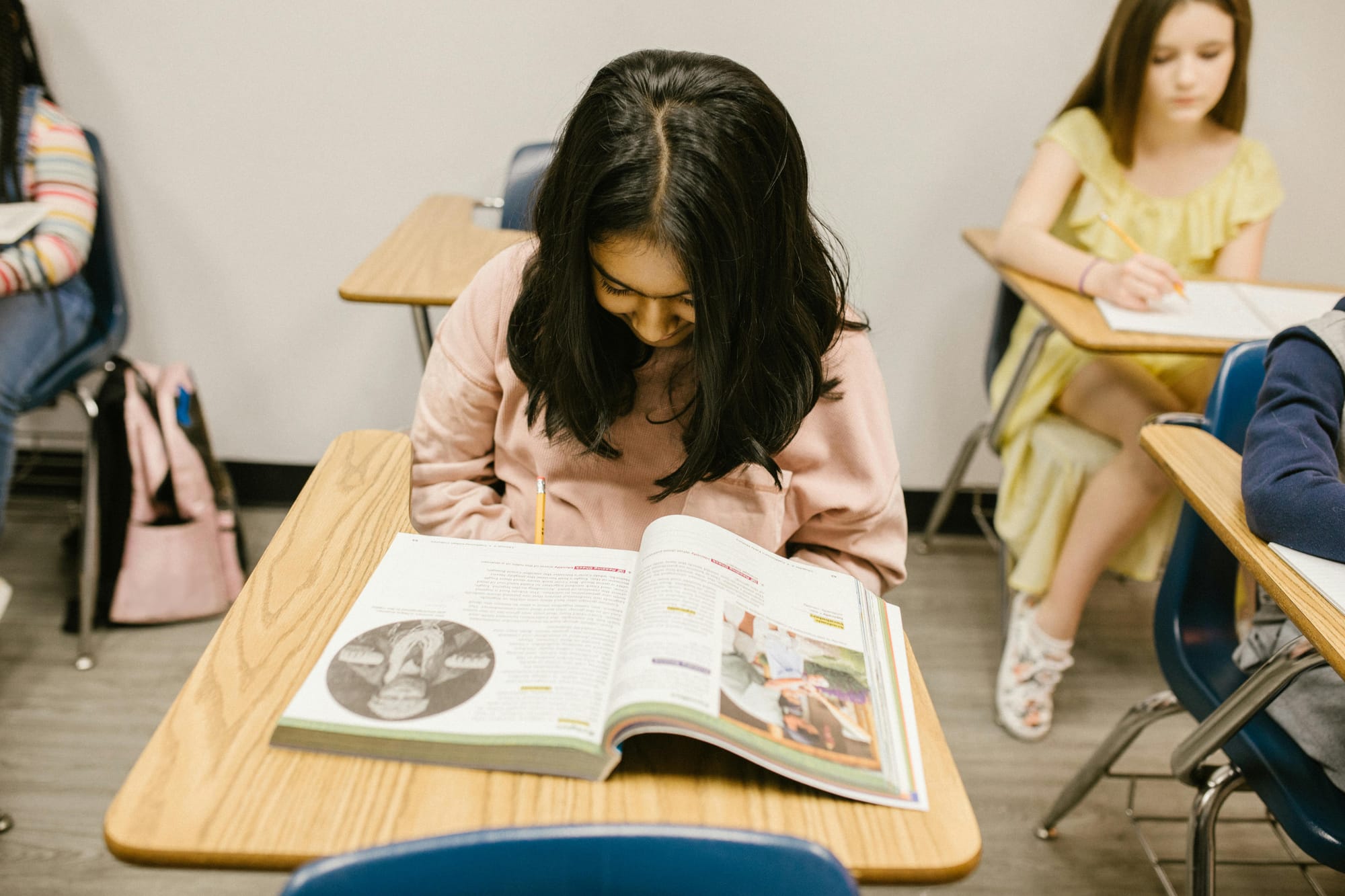
Teachers say the ban spares them from policing devices and fighting for attention, while students say they’ve lost access to learning tools and a way to document problematic incidents on campus.
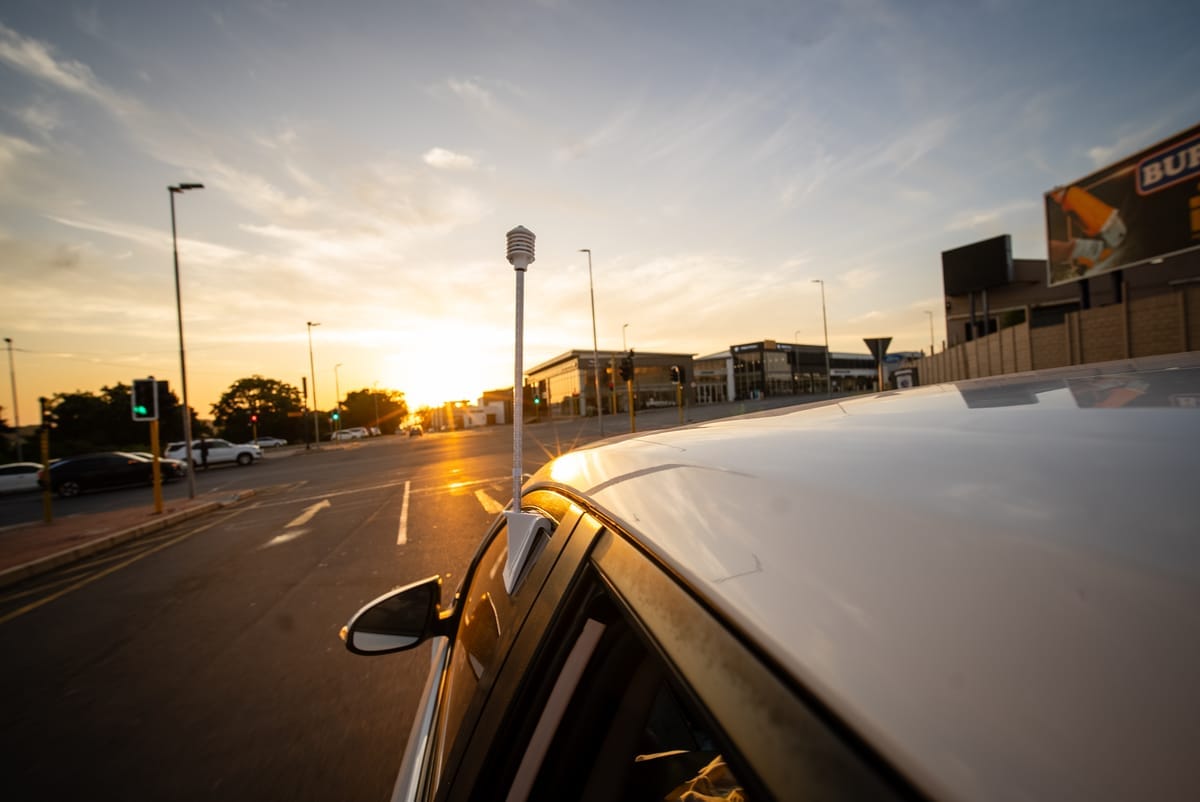
Back in 2018, temperatures varied by as much as 17 degrees across the city. City planners say the new data will help them plan for hotter, wetter summers.


While the U.S. attorney argues they endanger D.C. residents, Rob Barton, co-director of More Than Our Crimes, writes that they actually offer hope and promote rehabilitation for incarcerated people.

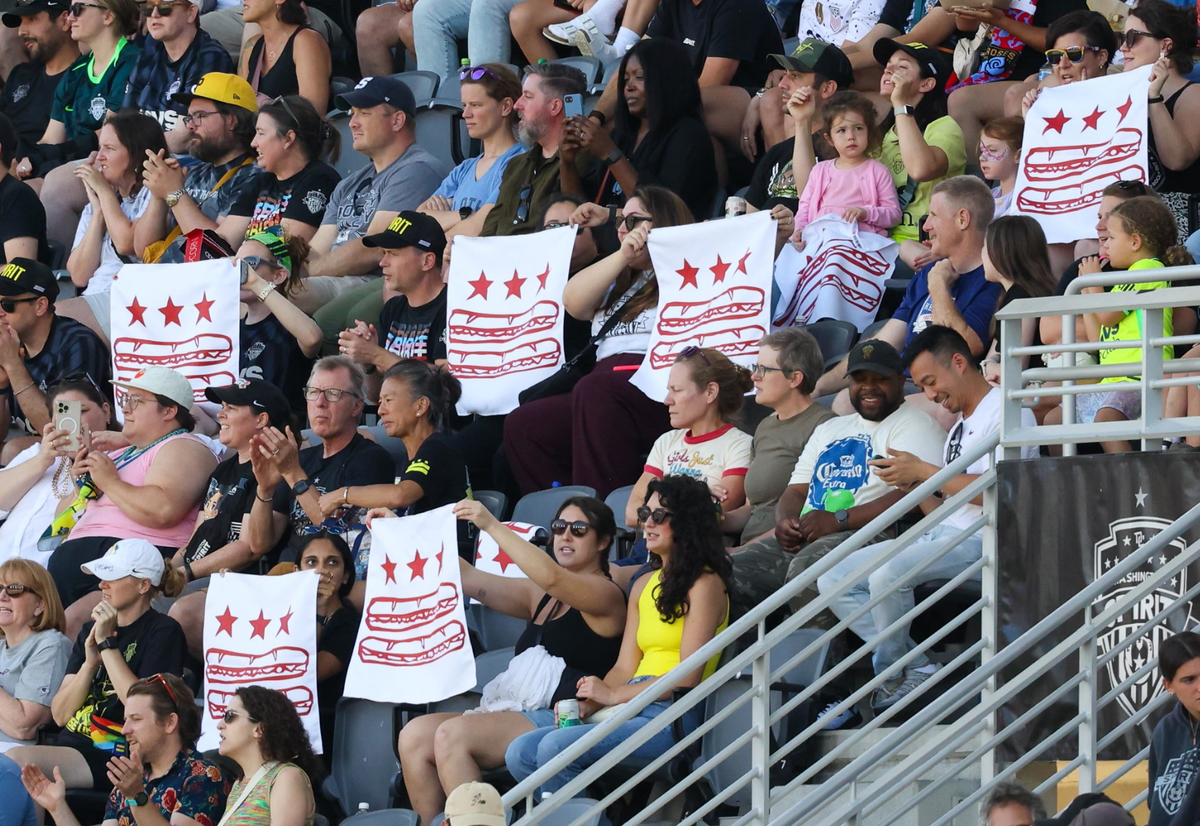
Since the surge of law enforcement began, Washington Spirit fans have led pro-D.C. chants and raised protest signs as politics and sports merge at Audi Field.
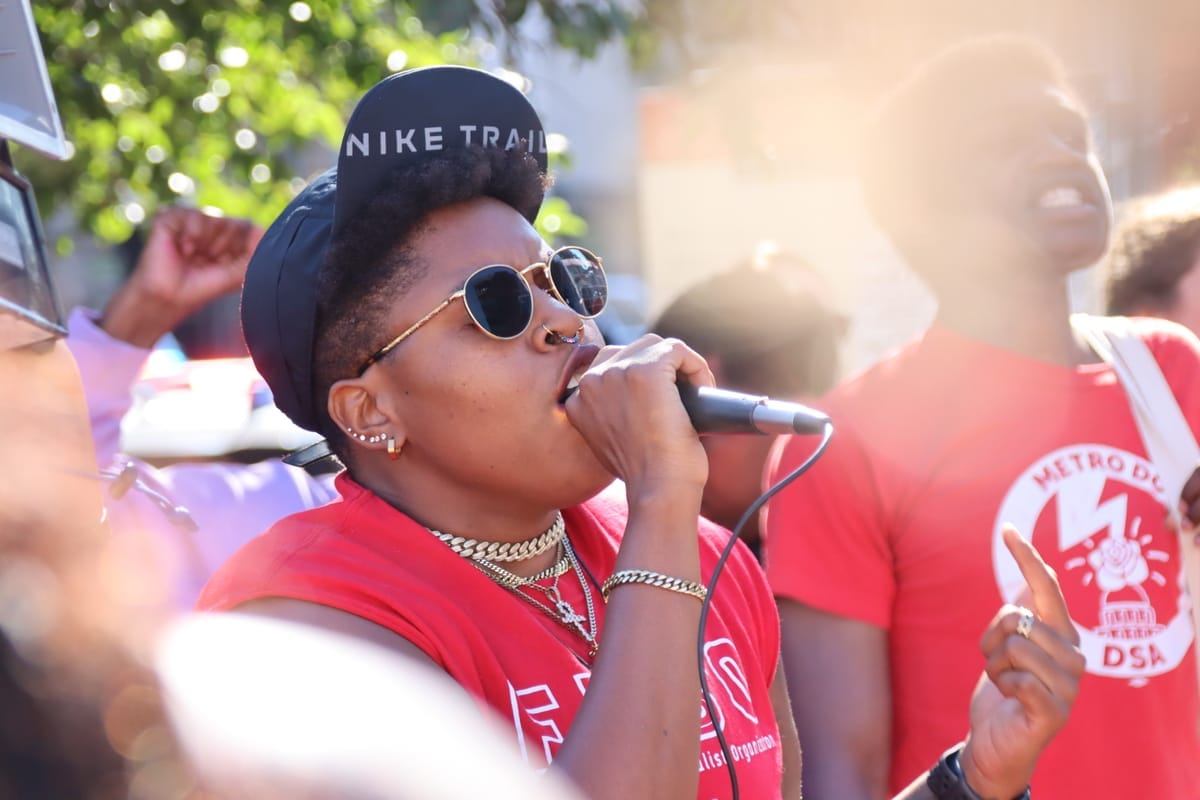
March against the Trump takeover, learn contemporary African dances, and check out the National Book Festival.
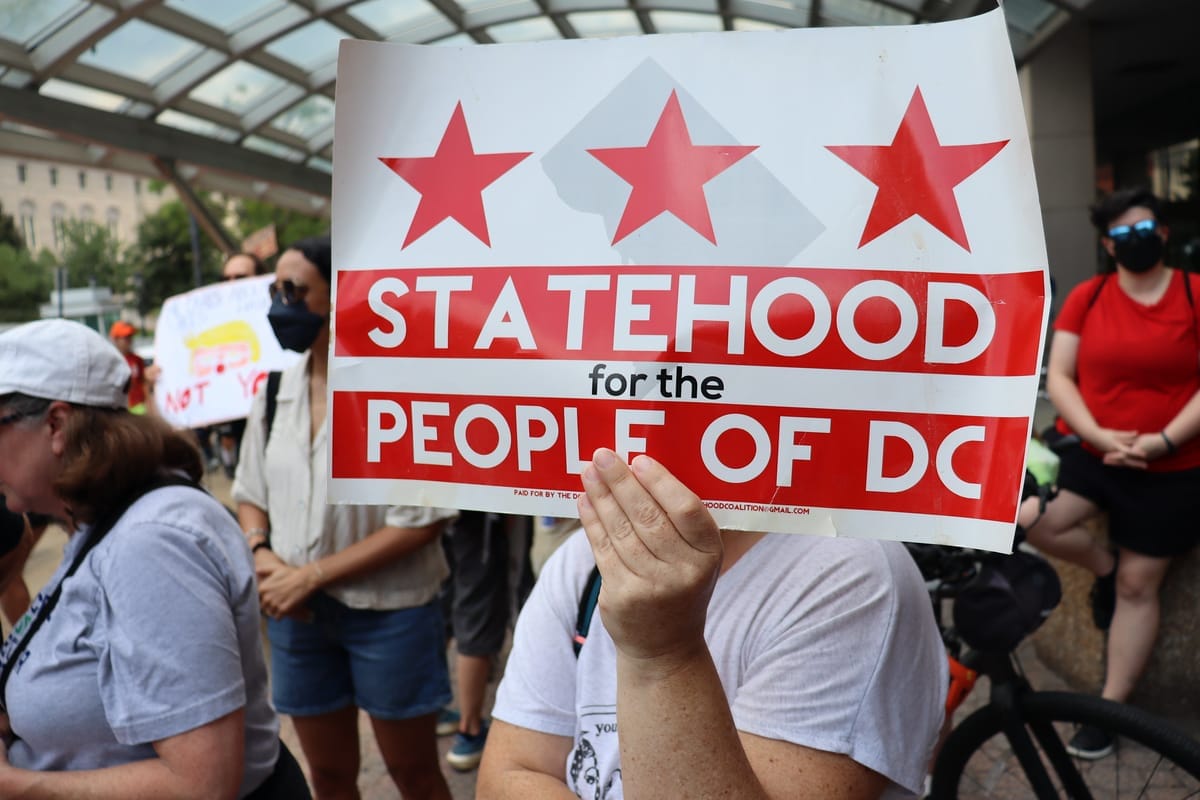
Learn how to protect yourself, join a town hall about local boycotts, and more ways to get involved.

Here's some news you may have missed this week:
That's all for now. Stay safe out there.
Christina
With your help, we pursue stories that hold leaders to account, demystify opaque city and civic processes, and celebrate the idiosyncrasies that make us proud to call D.C. home. Put simply, our mission is to make it easier — and more fun — to live in the District. Our members help keep local news free and independent for all: